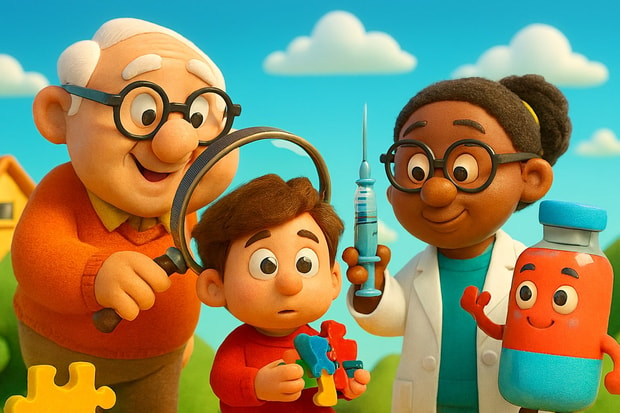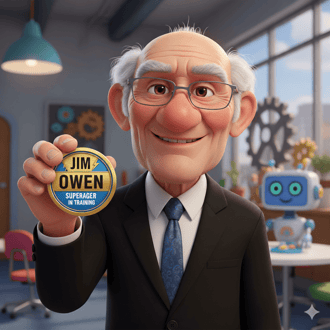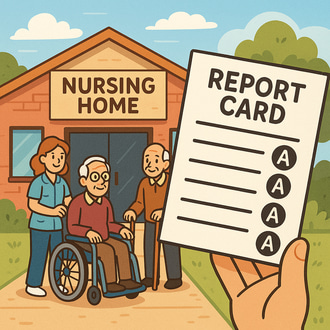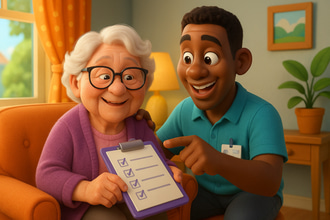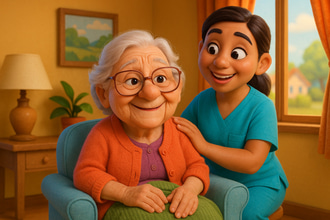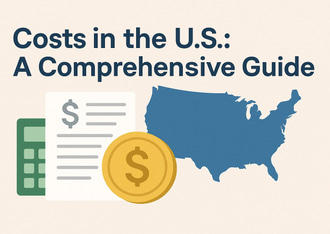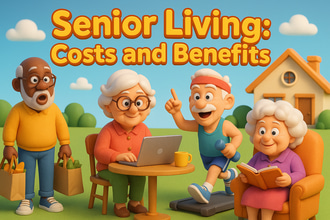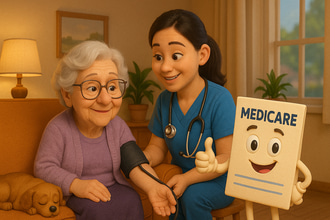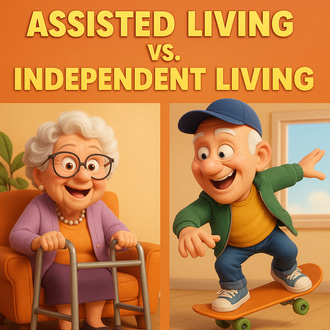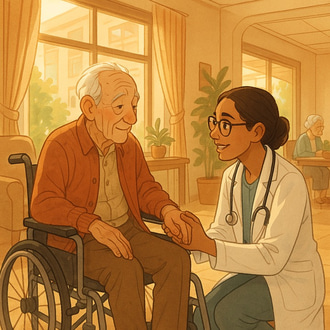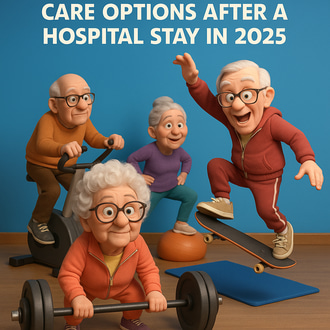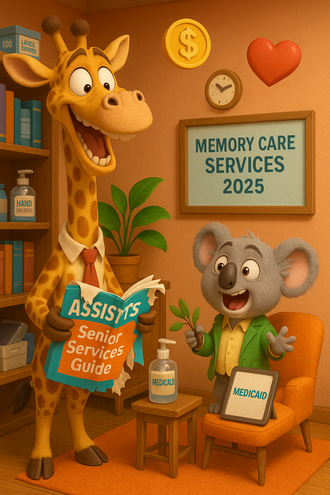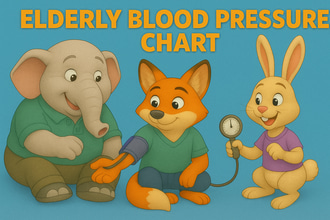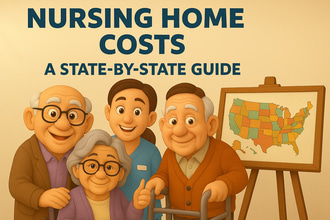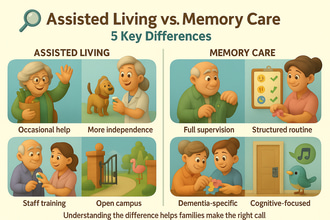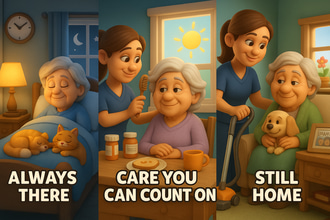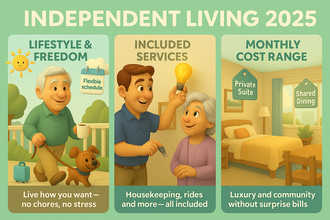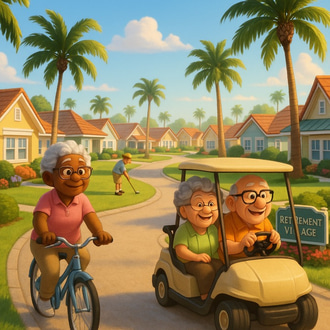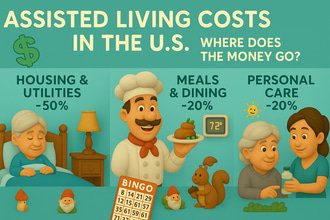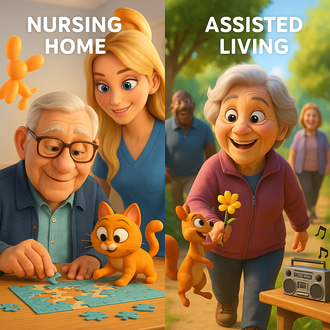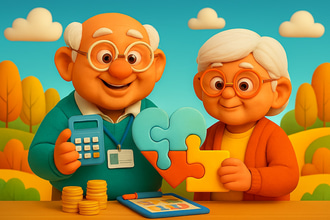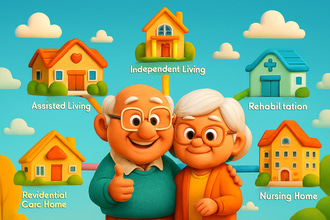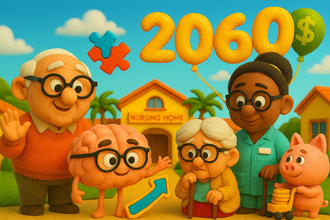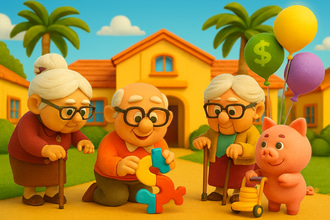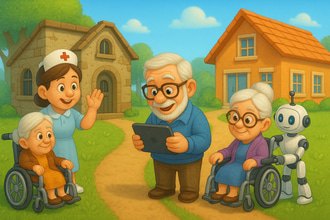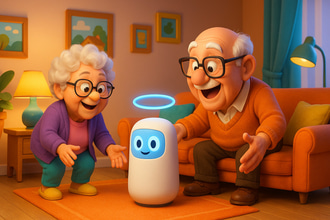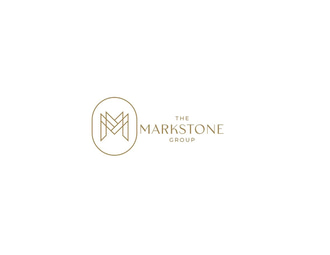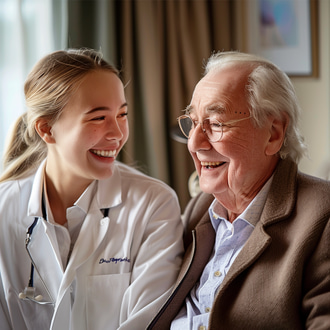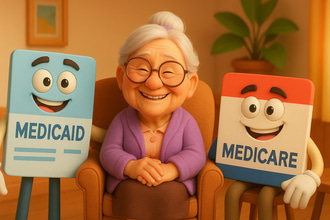Executive Summary
Autism spectrum disorder (ASD) is a neurodevelopmental condition that some have speculated to be linked with childhood vaccines. A thorough review of peer-reviewed studies, large-scale epidemiological research, government health reports, and meta-analyses shows no credible evidence of a causal connection between vaccines and autism. This conclusion spans decades of data, including analyses of millions of children in diverse populations. Despite persistent public myths, the scientific consensus – supported by the CDC, WHO, NIH, and other agencies – is that vaccines do not cause autism.
Table of Contents
- Introduction
- Historical Background of the Vaccine-Autism Hypothesis
- Peer-Reviewed Scientific Studies (Major Findings)
- MMR Vaccine and Autism
- Thimerosal and Vaccine Ingredients
- “Too Many Vaccines Too Soon”
- Meta-Analyses and Systematic Reviews
- Government and Health Organization Reports
- Data Sources and Datasets Used in Studies
- Key Findings Summary
- Considerations for Seniors (Older Adults)
- Conclusion
- Dataset Sources and Further Information
- References (Selected)
Introduction
Public concern about a possible link between vaccines and autism began in 1998 with a now-discredited study by Dr. Andrew Wakefield that linked the measles-mumps-rubella (MMR) vaccine to autism. Subsequent investigations exposed serious flaws and misconduct in that paper, and The Lancet fully retracted it. In the decades since, a large body of research – including studies of millions of children, meta-analyses, and official health agency reviews – has found no association between vaccines (including MMR, thimerosal-containing vaccines, or the total number of vaccines) and autism spectrum disorder (ASD).
This report surveys the major scientific findings, focusing on factual, evidence-based conclusions about vaccines and autism, spanning from historical research to more recent large-scale studies. Additionally, we include a short discussion on autism and vaccine considerations for older adults, acknowledging that autism diagnoses can occur late in life and that seniors have distinct vaccine recommendations (e.g., influenza, pneumococcal, shingles vaccines).
Historical Background of the Vaccine-Autism Hypothesis
- 1998 Wakefield Study: Small study, published in The Lancet, incorrectly suggested MMR might trigger autism. Investigations revealed misconduct; paper was retracted, and Wakefield lost his medical license.
- Early Refutations: Large epidemiological studies in the UK, Denmark, Sweden, and the U.S. quickly found no increase in autism risk among vaccinated children.
- Thimerosal Removed, Autism Still Rose: Thimerosal, a mercury-based preservative, was phased out of most pediatric vaccines by 2001 in the U.S., yet autism diagnoses continued to rise, indicating no link.
Peer-Reviewed Scientific Studies (Major Findings)
MMR Vaccine and Autism
- Danish Cohort (over 500,000 children): Found equal autism rates in vaccinated vs. unvaccinated groups.
- U.S. & UK Studies: Case-control and cohort analyses consistently show no link.
- Japan (Natural Experiment): Autism rates increased even after MMR withdrawal, disproving claims of MMR causing autism.
- Recent Large-Scale Confirmation (2019): Annals of Internal Medicine study of 650,000+ Danish children again showed no elevated risk of autism from MMR.
Thimerosal and Vaccine Ingredients
- No Decline After Thimerosal Removal: In Sweden, Denmark, and California data, autism continued to rise despite removal of thimerosal in the 1990s–early 2000s.
- No Difference in Exposure: Studies comparing children with and without autism found no difference in cumulative mercury exposure from vaccines.
“Too Many Vaccines Too Soon”
- Total Antigen Load: Research found no correlation between the number of vaccines (or their antigens) and autism risk. Vaccinated children, following the full recommended schedule, did not have higher ASD rates.
Meta-Analyses and Systematic Reviews
- Taylor et al. (2014): Pooled data on over 1.2 million children; concluded no link between vaccines (MMR, thimerosal) and ASD.
- Cochrane Collaboration (2012): Reviewed studies of 14 million+ children, again confirming no association with autism.
- Institute of Medicine (2004, 2011): Expert committees concluded evidence rejects any causal link between childhood vaccines and ASD.
Government and Health Organization Reports
- CDC: “Vaccines do not cause autism.” Multiple studies confirm no link.
- WHO: States the MMR-autism controversy stemmed from a “seriously flawed and fraudulent paper,” emphasizing no evidence of a connection.
- NIH & National Academy of Medicine: Multiple reviews found no causal relationship. They encourage focusing research on other etiological factors in ASD.
Data Sources and Datasets Used in Studies
- Danish National Health Registries – Basis for large cohort studies (Madsen 2002; Hviid 2019).
- CDC’s Vaccine Safety Datalink (VSD) – Millions of U.S. medical records used to study vaccine safety, including autism outcomes.
- California Department of Developmental Services (CDDS) – Showed autism kept rising post-thimerosal removal.
- Public-Use Datasets – Some CDC studies have made data publicly available, allowing independent re-analysis.
- Combined International Data for Meta-analyses – Summaries from multiple countries enhance statistical power (e.g., Taylor 2014).
Key Findings Summary
- No causal link between vaccines and autism; large-scale research confirms the autism rate in vaccinated children equals that in unvaccinated groups.
- Wakefield’s 1998 study was discredited and retracted; its claims were never replicated.
- Thimerosal removal did not reduce autism rates, contradicting a mercury-based hypothesis.
- No evidence that receiving multiple vaccines “overloads” a child’s immune system or triggers ASD.
- Meta-analyses of millions of children uniformly find no association.
- Health authorities worldwide maintain vaccines are safe and do not cause autism.
- Autism prevalence trends do not track with vaccine changes, suggesting other factors (diagnostic expansion, genetics) explain rising ASD diagnoses.
Considerations for Seniors (Older Adults)
Although autism is primarily identified in childhood, there are a few important points regarding older adults (seniors) in the context of autism and vaccines:
- Late or Missed Diagnoses of Autism
- Diagnostic Evolution: In previous decades, awareness of ASD was much lower, so some older adults may have never received a formal autism diagnosis despite having ASD traits.
- Recent Recognition: There has been a growing recognition that some seniors might have been underdiagnosed in childhood, only discovering they fall on the autism spectrum later in life.
- No Link to Vaccines: Even in late-diagnosed older adults, extensive research shows no connection between their ASD and any vaccines they received (childhood or adult). Autism is understood to have a neurodevelopmental basis with strong genetic components, rather than an adult-onset condition triggered by immunizations.
- Adult and Senior Vaccine Recommendations
- Different Vaccination Needs: Adults over 65 often receive vaccines such as annual influenza vaccines, pneumococcal vaccines (PCV13, PPSV23), shingles (RZV), and possibly COVID-19 booster shots.
- No Evidence of Vaccine-Autism Correlation: Just as in children’s data, there is no credible scientific evidence indicating vaccines recommended for older adults lead to autism. In fact, because autism is generally diagnosed in early developmental periods, a claim that a senior could “acquire autism” from a later-life vaccine has no support in any peer-reviewed study or official health agency statement.
- Protection for Vulnerable Adults: Seniors, especially those with underlying health issues or living in communal settings, benefit significantly from these vaccines to prevent serious infections (influenza, pneumonia). Public health guidance strongly supports these immunizations.
- Additional Research on Seniors with ASD
- Population is Growing: As autism diagnoses have risen in younger generations, more individuals with autism are reaching older adulthood. This highlights the need for supportive services tailored to aging people on the autism spectrum (e.g., social support, independent living resources).
- Separate from Vaccine Concerns: The focus in geriatric autism research lies primarily on quality of life, healthcare access, and social support, not on vaccine safety. Because no credible data suggests a link between autism and vaccines at any age, the research on seniors with ASD does not implicate vaccinations as a factor.
Bottom Line for Seniors:
- Autism is a neurodevelopmental diagnosis that typically manifests in early childhood, not something triggered by vaccines in adulthood.
- Recommended immunizations for seniors have a strong track record of safety and are vital to prevent serious illnesses. They hold no association with autism onset.
Conclusion
Extensive, high-quality research – encompassing large epidemiological studies, meta-analyses, systematic reviews, and government health reports – demonstrates no credible link between vaccination and autism. Original fears arose from a discredited study and have been repeatedly refuted by data from millions of children worldwide. Removing the preservative thimerosal, changing vaccine schedules, or examining subpopulations at higher risk of autism – none has shown any correlation with vaccination. Health organizations (CDC, WHO, NIH) uniformly state that vaccines do not cause autism.
Regarding seniors, while an increasing number of older adults have been identified (or self-identified) as on the autism spectrum in later life, there is no evidence that vaccines at any age can induce autism. The recommended immunizations for older adults (influenza, pneumococcal, shingles, etc.) carry significant benefits in preventing dangerous infections and are not associated with ASD. Overall, the scientific consensus remains clear: there is no causal relationship between vaccines and autism.
Dataset Sources and Further Information
- CDC Vaccine Safety Datalink (VSD) – Large-linked database of U.S. immunization and health records. Summaries in Pediatrics (Verstraeten et al. 2003).
- Danish National Health Registries – Population-based data used in Madsen (2002, NEJM) and Hviid (2019, Annals of Internal Medicine).
- California Dept. of Developmental Services (CDDS) – State registry data (Schechter & Grether 2008) showing no drop in autism after thimerosal removal.
- CDC Public-Use Dataset (DeStefano 2004 Study) – Case-control data on MMR timing and autism in Atlanta.
- Cochrane Reviews – Systematic reviews of vaccine safety, including MMR and other childhood immunizations.
- WHO Vaccine Safety Website – Statements and Q&A regarding autism and vaccines.
References (Selected)
- Taylor B. et al. (1999). “Autism and Measles, Mumps, and Rubella Vaccine: No Epidemiological Evidence for a Causal Association.” The Lancet 353(9169):2026–2029.
- Madsen KM et al. (2002). “A Population-Based Study of Measles, Mumps, and Rubella Vaccination and Autism.” NEJM 347(19):1477–1482.
- Hviid A. et al. (2019). “Measles, Mumps, Rubella Vaccination and Autism: A Nationwide Cohort Study.” Ann. Intern. Med. 170(8):513–520.
- Honda H. et al. (2005). “No effect of MMR withdrawal on the incidence of autism: a total population study.” J. Child Psychol. Psychiatry 46(6):572–579.
- DeStefano F. et al. (2004). “Age at first measles-mumps-rubella vaccination in children with autism and school-matched control subjects.” Pediatrics 113(2):259–266.
- Price CS. et al. (2010). “Prenatal and Infant Exposure to Thimerosal from Vaccines and Risk of Autism.” Pediatrics 126(4):656–664.
- Schechter R. & Grether JK. (2008). “Continuing increases in autism reported to California’s developmental services system: Mercury in retrograde.” Arch. Gen. Psychiatry 65(1):19–24.
- Taylor LE. et al. (2014). “Vaccines are not associated with autism: An evidence-based meta-analysis of case-control and cohort studies.” Vaccine 32(29):3623–3629.
- Demicheli V. et al. (2012). “Vaccines for measles, mumps, and rubella in children.” Cochrane Database Syst Rev. 2:CD004407.
- Institute of Medicine (2004). Immunization Safety Review: Vaccines and Autism. National Academies Press.
Overall Conclusion: Across these diverse, large-scale studies and official reviews, no credible evidence supports a link between vaccines and autism – in children or in older adults. The rise in ASD diagnoses over time is attributable to expanded diagnostic criteria and greater awareness, not immunizations. Seniors can and should receive recommended vaccines without concern for autism risk.





